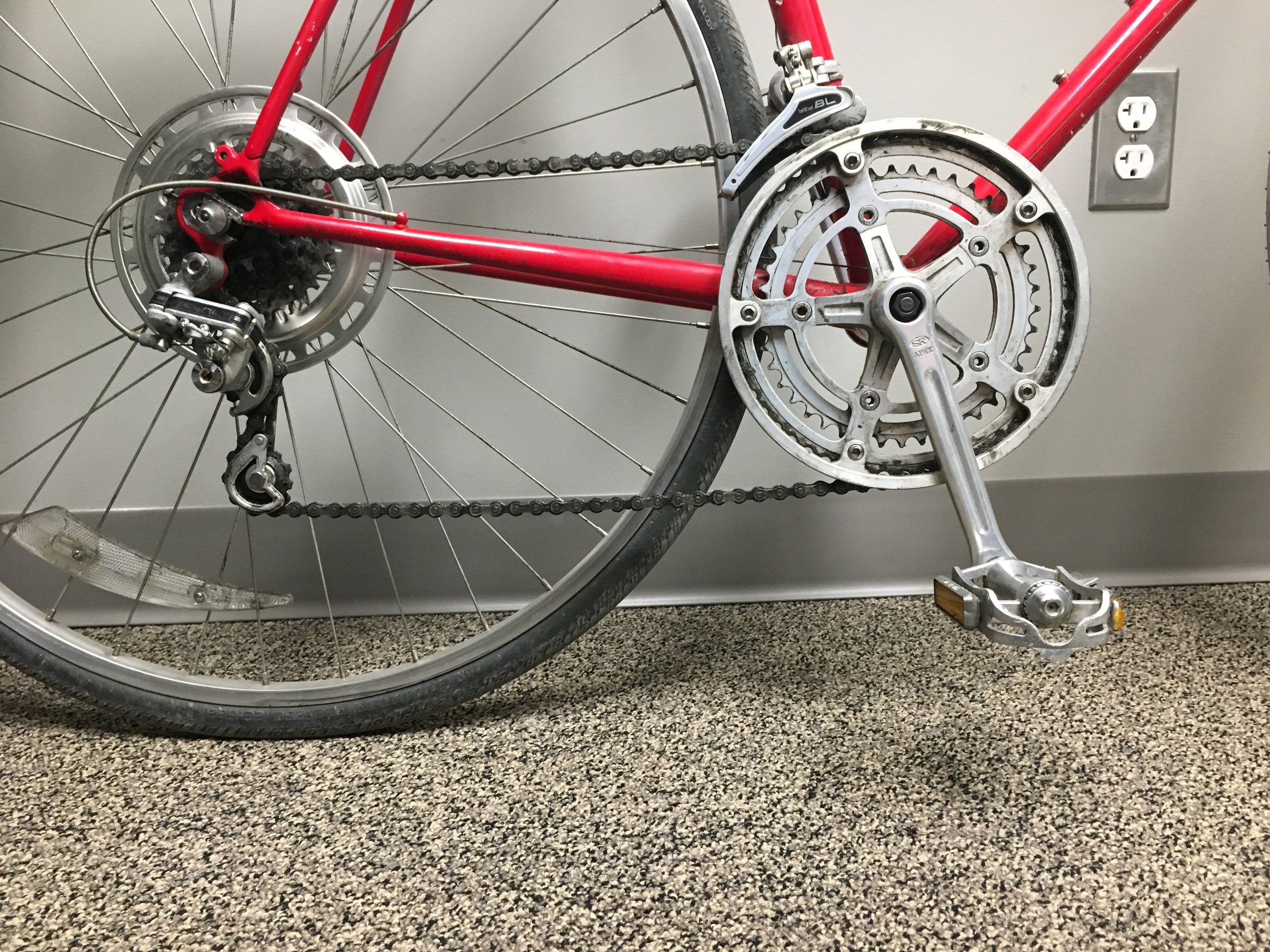In the past three weeks I attended a wedding and a funeral. Both couples loved each other deeply—one pair with starry-eyed passion, the other with the deep, steady commitment of more than 50 years together.
It’s remarkable what a different meaning wedding vows have at a funeral.
I, _____, take thee, _____, to be my wedded husband/wife, to have and to hold, from this day forward . . .
Wedding: I’m so glad I don’t have to say goodbye every night anymore, and now we can wake up together every morning.
Funeral: I spent every day of my life loving her, holding her, sacrificing for her. Now she’s gone..
. . . For better, for worse, for richer, for poorer . . .
Wedding: We don’t need money, we don’t need good times, all we need is love and each other.
Funeral: Remember back in the early years? When all we had in our tiny apartment was a bed, a bookshelf, and a footstool? We used to take turns sitting on the stool instead of the floor while we ate dinner. It wasn’t always easy—but in the end, even that small consistent sacrifice made us love each other more.
. . . In sickness and in health, to love and to cherish . . . *
Wedding: I’ll take care of him when he gets a cold, and we’ll watch movies together all day when we get the stomach bug.
Funeral: I took care of her through her pregnancies, decades of raising children, and menopause. I cared for her when she got sick, caught what she had, and still went to work so I could provide for her. And after all those years, I nursed her through an illness that made her forget who I was.
*In marriages that can pull for the long haul, I believe the following syntax and punctuation is a more accurate promise: To love and to cherish in sickness and in health. Cherishing a healthy person is easy—it’s when someone gets sick that the rubber of commitment really meets the road.
. . . Till death do us part, according to God’s holy ordinance; and thereto I pledge myself to you.
Wedding: I get to be with you forever.
Funeral: I will always have a memory of you here, and someday I’ll get to join you again in heaven. But for now, I’ve lost you.
It is an invaluable privilege to have a heritage of faithful marriages, and to hear someone reflect back on more than 50 years of marriage—both the golden years and the lean times—and say, “Yep. I would do it all again.”
In other unrelated news, 1) I almost got run over by a self-driving floor cleaner in Menards, 2) it snowed in Michigan, and 3) we’re trying hard to keep up the appearance that we don’t let our kitties walk all over us (but photographic evidence tells the real story).











